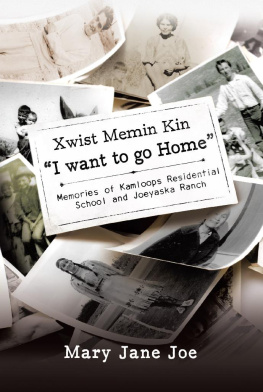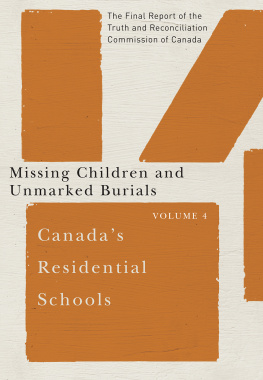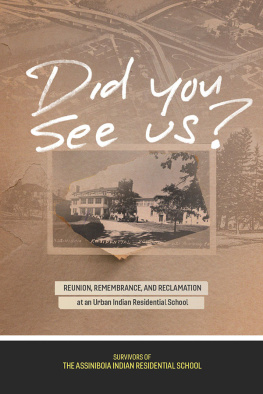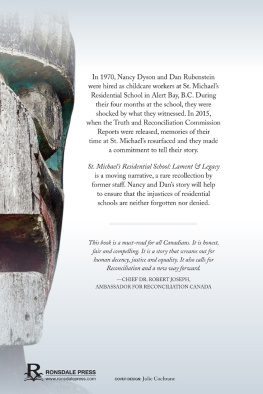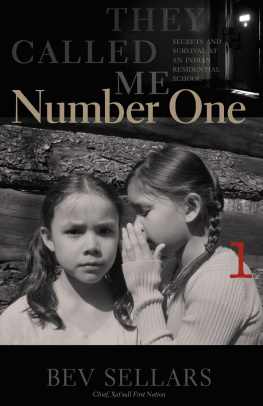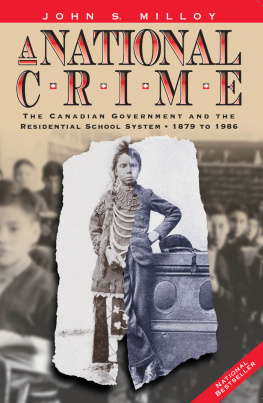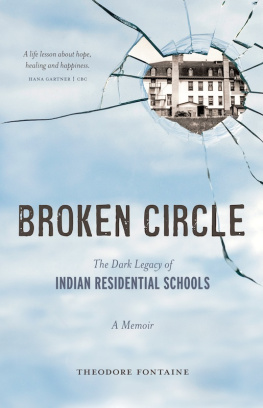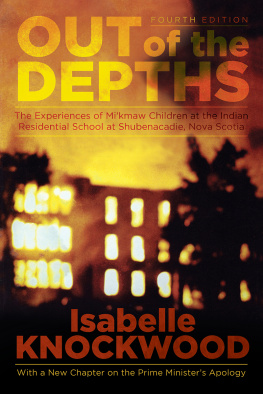Xwist Memin Kin
I Want to go Home
Memories of Kamloops Residential School and Joeyaska Ranch
Mary Jane Joe
Xwist Memin Kin I Want to go Home
Copyright 2021 by Mary Jane Joe
All rights reserved. No part of this publication may be reproduced, distributed, or transmitted in any form or by any means, including photocopying, recording, or other electronic or mechanical methods, without the prior written permission of the author, except in the case of brief quotations embodied in critical reviews and certain other non-commercial uses permitted by copyright law.

Tellwell Talent
www.tellwell.ca
ISBN
978-0-2288-5025-0 (Paperback)
978-0-2288-5024-3 (eBook)
Table of Contents
Ntlekepmx pronuncia tion:
- barred L = tl s ound.
X ch as in Bach.
In means my (in jowa my name)
i is ee sound (shiitm fa mily)
A TRIBUT E TO:
My late parents Frederick Albert Sterling, Inxwhup and Sophie Sterling ne Voght, Tli tletko, and my late grandmother Ya -y eh (Shanny Voght ne Ant oine)
My resilient great grandparents: Joeyaska and Buel tko.
Skaza father: to discipline with affec tion.
Skixze mother: nurturing h ands.
Kze, Ya -y eh grandmother: affectio nate.
in shiitm - My relatives who walk alongside me and help me to grow up strong and indepen dent.
Cexw mixc With apprecia tion.
WRITTEN FOR:
My children Darren and N adia.
And my grandchildren Juliette, Virgil and Harr ison.
My story is your s tory.
FOREWORD
I fought for my destiny, fought in the sky. If you think to shatter me, I dare you to try.
Seepe etza
I was set to publish this book when the Tkemlups te Secwepmc First Nation announced that the bodies of 215 Indigenous children were found buried in a mass grave on the grounds of the former Kamloops Indian Residential Sc hool.
I attended Kamloops Indian Residential School from 1957 to 1969. After reading the announcement, I struggled with whether or not to proceed with publication. Some of the vignettes in my memoir suddenly seemed frivolous in comparison to the gravity of this revelation. In the end, I forge d on.
I dedicate this book to my 215 classmates who never returned home, and to all the grieving relat ives.
Since rely,
Mary Jane Joe
Musqueam Terri tory
Ye tik sinwenwen! Greetings in the Ntlekepmx language. My elders always began their story or lesson with these words: xwi kin spilax hin . I will tell you my s tory.
Injowa Nkxetko . I am Nkxetko. My name means cutting deer meat with a sharp knife, piercing the bone and cooking it in water. In essence I am the woman who carries that out and makes delicious food. I am named after Dads great aunt. This is all we knew about it. Dad gave me that name when I was born in 1950. He then named me Mary Jane at my baptism two months later. Thats when the priest registered me with an English name for Catholic and governmental records. Id heard that priests couldnt spell or pronounce our names. I knew myself mainly as Nkxetko, and various nicknames along the way. I wondered why Dad chuckled when he spoke to me as Nkxetko. Years later, I learned its true mea ning.
I am the second youngest of seven siblings. We all carried traditional names along with English names and, like our parents who were status Indians and registered as wards of the Canadian government, we all attended residential school. It was the law.
Both of my parents attended school in the early 1900s when beatings and whippings were regularly carried out to enforce learning English. As a result, I heard our language in the home, but no one spoke it directly to us children. My grandmother Ya -y eh didnt speak English at all, nor had she gone to school. When she spoke to us in her natural way, her eyes twinkled behind the spectacles on her nose. Her words sounded kind and gentle, peppered with laughter, whereas the English language sounded strict and h arsh.
My first memory is of sitting on the back of my moms saddle, holding onto side straps as we rode up a trail behind my dad on his horse, JW Baldy. My youngest brother, Austin, was strapped in behind him. We plodded along in the hot sun, the horses huffing and snorting up the gravel trail. We were heading up to Godie Canyon beyond Joeyaska Ranch, our family home. Years later, I asked Mom if this memory was true or imag ined.
Oh yes she said. We were heading up the hill to check on the wild raspberries. We used to travel everywhere on horse back.
Berry picking was an important pastime for our family in the summer months. As young children, we learned to fill a basket with berries and do our share to provide fruit for the winter months. Every season meant different foods were ripe and we had to go harvesting. Spring, for example, brought the bitter roots, wild potatoes and thunder mushrooms. As a child I just wanted to play, but Dad was serious when he pressed us to do our part.
Dad inherited a few head of cattle along with a -a cre plot of land from his mother, Sarah Joeyaska Sterling (Pow tan malks, which means Echo). Sarahs father, known as Joeyaska, was an Okanagan who had lost everything in the Indian conflicts, either the Spokane or the Cayuse Wars in the 1860s in Washington State. He made his way to Douglas Lake where he had relatives and put down roots at Nicola Lake. There he grew hay and raised horses until a European rancher legally displaced him in the 1800s when lands were parcelled up by the government. Joeyaska found himself homeless until he heard about Preemption, which meant claiming unowned property in blocks of 160 acres called Homestead. It meant fulfilling strict rules of land ownership including the digging of irrigation ditches, building log homes, barns and corrals, as well as installing fences and clearing fields to plant gardens and hay crops. Joeyaska successfully preempted two homestead properties. Land Commissioner G.M. Sproat issued that to him in 1878. Its been in our family ever since. Joeyaska and his family lived in teepees in summer and pit houses in winter. Id heard about that history since I was born and saw those rounded depressions on the land.
Dads father, Charlie Sterling, died in the Spanish flu pandemic in 1918. Prior to that he drove a wagon train delivering dry goods to t owns.

He was away from home a lot, which is why Joeyaska and his wife, Martha (Bueltko, as we knew of her), cared for Dad until he turned seven. Thats when Joeyaska enrolled Dad in a boys school in New Westminster, BC, for one year, then Dad was sent to St. Marys Indian Residential School in Mission, BC, for seven years. Dad ran away from St. Marys in 1910 at age fourteen due to the harsh treatment he received at the hands of the priests. He lived in hiding for two years because priests and police ordered Sarah to send him back to school. Instead, Dad worked as ranch hand at Nicola and Douglas Lakes until he enlisted in World War I. He fought in Europe, was wounded and returned to his home at Joeyaska in 1919. By then his mother was alone. She was glad to see him, and he worked hard to maintain the fields and livestock that were left in his care by his uncles and grandfather. After she lost her log house in a fire, Dad built her a small house with lumber from the mill. I recall how busy he was every day, no matter the season. I clearly recall him feeding cattle in - 4C wea ther.
As the youngest children, Austin and I were the last ones at home during summer months because our older siblings had gone off to work or to school. There wasnt much to do sometimes, so we liked to follow Dad around as he mended fences, fed the animals and cleared the ditches that watered the hay fields. Dad had a sweat lodge beside a deep ditch among the pine trees. Occasionally, hed build a fire, heat flat rocks and go inside for a sauna -l ike steam cleanse. No one explained much to us about this ritual, but we liked hearing the steam hiss when cold water hit the rocks. We later learned the sweat lodge was a sacred space to give thanks and pray for cleansing and purification. A mysterious notion we hoped to join someday. It sounded impor tant.
Next page
